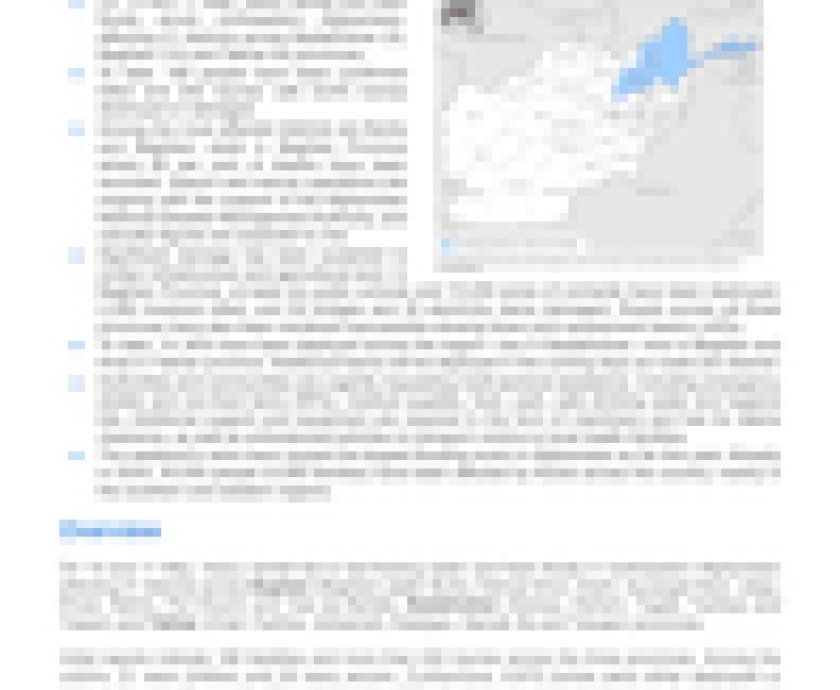Click to expand Image
In the corridors of Ankara courthouse, lawyers and MPs wave to Peoples’ Democratic Party politicians and officials waiting to testify before a court. Ankara, October 1, 2020.
© 2020 Ayşe Sürücü
(Istanbul) – An Ankara court has ordered the detention of 17 current and former politicians and officials from the opposition Peoples’ Democratic Party (HDP)and imposed judicial control conditions on three others released from custody, Human Rights Watch said today.
The court ordered the detentions in the scope of an ongoing investigation into the political party’s alleged involvement in violent protests in 2014.The Turkish government’s willingness to use incarceration to restrict the right to political association and crack down on an opposition party is another worrying sign of the erosion of rights and the rule of law in Turkey.
“Detaining politicians from a party that won nearly 12 percent of the vote in the 2018 general election is part of the Turkish government’s policy to criminalize political opposition,” said Tom Porteous, deputy program director at Human Rights Watch. “The last few years provide ample evidence that Turkey’s courts are all too quick to do the government’s bidding, and this is the latest example.”
Police arrested the politicians and officials on September 25, 2020 in connection with an Ankara prosecutor’s investigation of their alleged involvement in protests in southeastern Turkey that turned violent and led to at least 37 deaths. The protests, between October 6 and October 8, 2014, were a reaction to the Turkish government’s policy at the time toward the ISIS siege of the north Syrian town of Kobane and began as an expression of solidarity with the Kurds of Kobane. The government has made repeated statements holding the Peoples’ Democratic Party responsible for the deaths that occurred.
Most of the 20 people accused in the present case were at the time serving members of the central executive committee of the Peoples’ Democratic Party, the party’s main decision-making body. The Ankara prosecutor’s investigation accuses them of attempting to destroy the unity of the state, membership in the armed Kurdistan Workers’ Party (PKK) and carrying out activities on its behalf, spreading terrorist propaganda, inciting and praising criminal activity, and inciting murder.
The penalty, if convicted for attempting to destroy the unity of the state (separatism), is life in prison without parole. The evidence that the prosecutor has so far presented against the 20 in the ongoing criminal investigation consists of the party’s social media postings on Twitter calling on people to join the October 2014 demonstrations. The prosecutor alleges that the postings are evidence that the party was acting under PKK orders.
Among those detained is Ayhan Bilgen, the popular elected mayor of Kars Municipality in eastern Turkey. After his detention, the authorities announced that he had been replaced as mayor by the Ankara-appointed governor of the province, part of a government pattern, documented by Human Rights Watch, of replacing the democratically elected mayors from the Peoples’ Democratic Party with their own unelected appointees.
“The government’s new detention orders are also a pretext for the government’s takeover of another Peoples’ Democratic Party municipality,” Porteous said. “Out of the 65 municipalities the party won in the March 31, 2019 local elections, the government has left just six small local councils HDP-controlled.”
The prosecutor has also applied to lift the parliamentary immunity of seven members of parliament from the party to enable their prosecution in the same criminal investigation.
Selahattin Demirtaş and Figen Yüksekdağ, former co-chairs of the party, who have been in detention since November 2016, are detained in the scope of the same criminal investigation.
The European Court of Human Rights has already found that Turkey violated several of Selahattin Demirtas’ rights and that his detention is an abuse of power by the Turkish authorities. The court concluded, “It has been established beyond reasonable doubt that the extensions of [Demirtas’s] detention … pursued the predominant ulterior purpose of stifling pluralism and limiting freedom of political debate, which is at the very core of the concept of a democratic society.”



